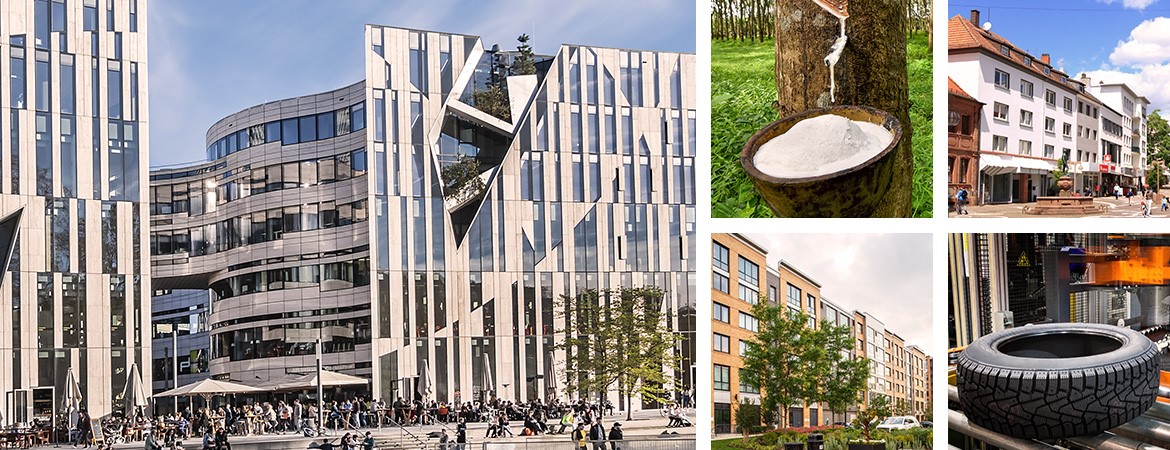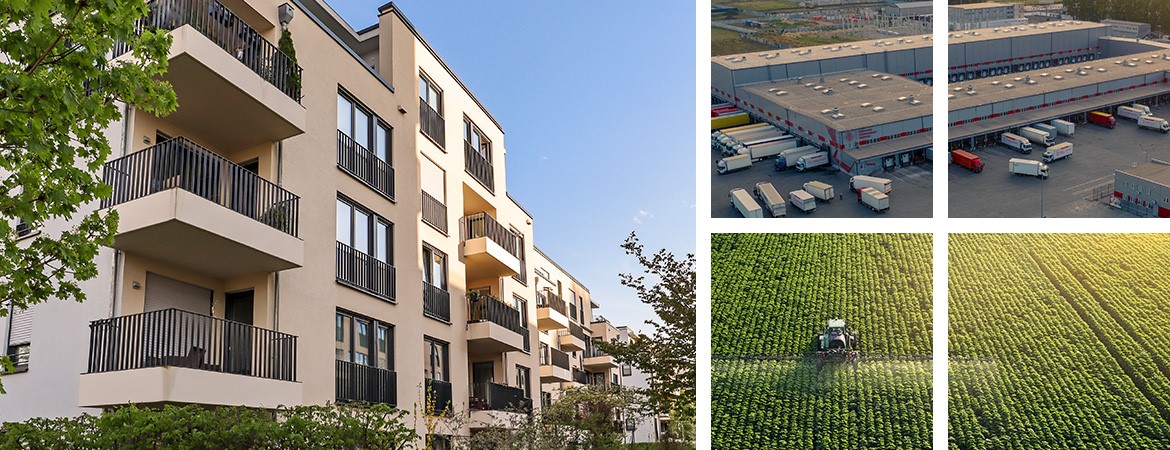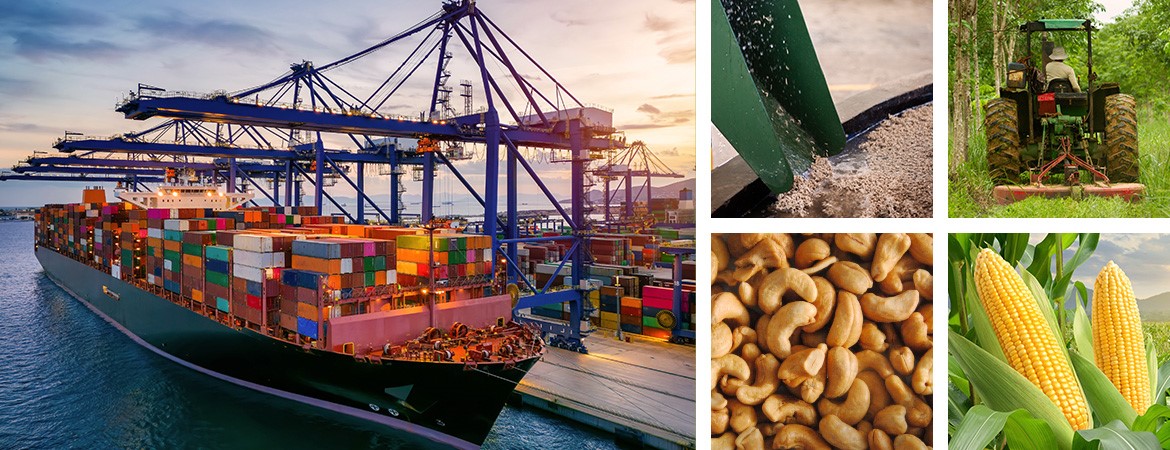








The demand for investment opportunities is enormous in German-speaking Europe. The total invested capital is around 5.6 billion euros in Germany alone. Shares and funds account for just under 20 percent at roughly 1.1 billion euros. Just under one third is held directly by private investors; two thirds are held by banks, insurance companies, and pension funds.
The annual growth rate in the shares and funds sector alone is pegged at more than 10 percent, or over 100 billion euros. Of this, 30 billion euros are subscribed directly by private individuals. Each year almost four million people in Germany purchase securities in the form of shares.
Sustainable investments should reconcile the values of the investors with their goals. More and more investors not only wish to earn money with their investments, but also and moreover to make a contribution to a more livable world for future generations.
The demand for investments which meet this requirement is therefore growing each year. Nevertheless, the portion of the 100 billion euros invested each year anew in shares and funds is still modest and is less than 10 percent. This is primarily due to the fact that the supply is still sparse. The demand for sustainable investments is considerably greater than the supply.
Investing in the production of rubber and wood from rubber trees or in general in renewable raw materials is the epitome of a sustainable investment – provided of course that processing and trading follow the relevant guidelines for sustainable economic activity and are transparent just like TIMBERFARM.
The investment market is large and is served by and used by many professional companies, especially banks, insurance companies, and pension funds. Much to the chagrin of their clients, for years traditional investments offered by these institutes have not been attractive in terms of the return. This is prompting investors to look for alternative investment opportunities. These are marketed by the banks themselves, but also by numerous specialized financial service providers.
Unlike with TIMBERFARM the promoters or issuers of all kinds of funds take no responsibility for the investment property of their financial instruments, let alone operate them themselves. This distance to the core business is unsatisfactory for many investors.
As an investment management company TIMBERFARM clearly stands out from the competition and the majority of companies on the financial and capital markets. For one, as a result of its focus on the rubber industry the company leverages its specialist know-how and years of experience in the sector for the benefit of clients and, for another, because all of TIMBERFARM’s company activities are operated, managed, and accounted for singlehandedly.
Cost transparency
The costs involved in developing and producing capital and financial market products are high, but the financial transfer to investors is regulated by law, capped, and transparent. The costs include:
- Economically-compliant, financial market-compliant, and fiscally-compliant business development involving experts and auditors
- Development and preparation of prospectuses, namely securities or asset investment prospectuses in keeping with the valid laws and regulations, for instance, German Capital Investment Act (VermAnlG), German Securities Trading Act (WpHG), Investment Prospectus Act (VermVerkProspV), Securities Prospectus Act (WpPG), involving experts and specialized lawyers
- Regulatory approval procedures
- Market launches
- Sales
In order to streamline expenses, usually no investments are developed with an investment volume under six million euros.
Investment management at TIMBERFARM has considerable placement power and is active in an enormously large and ever-growing investment market. TIMBERFARM investments are, on account of their opportunity-risk profile, of interest not just for all market investors. The investment products on offer serve a growing demand for sustainable investments which the competitors cover poorly. This gives the company a unique selling point and a promising position on the market, one that is moreover underscored by the direct connection to the core businesses of the investment properties.